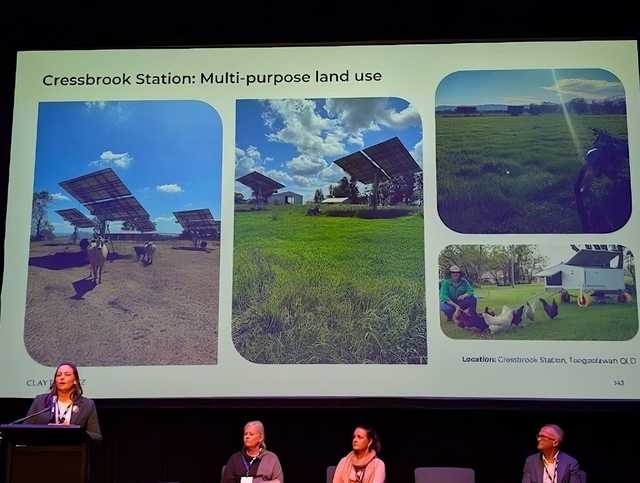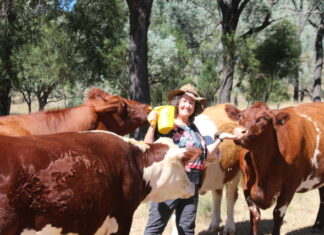Conference addresses renewables in agriculture

Digital Edition
Subscribe
Get an all ACCESS PASS to the News and your Digital Edition with an online subscription
Report finds hope and urgency for rare farm animals
Australia’s rare farm animals are showing signs of recovery but remain at risk, according to the Rare Breeds Trust of Australia’s 2025 livestock census.
The...








